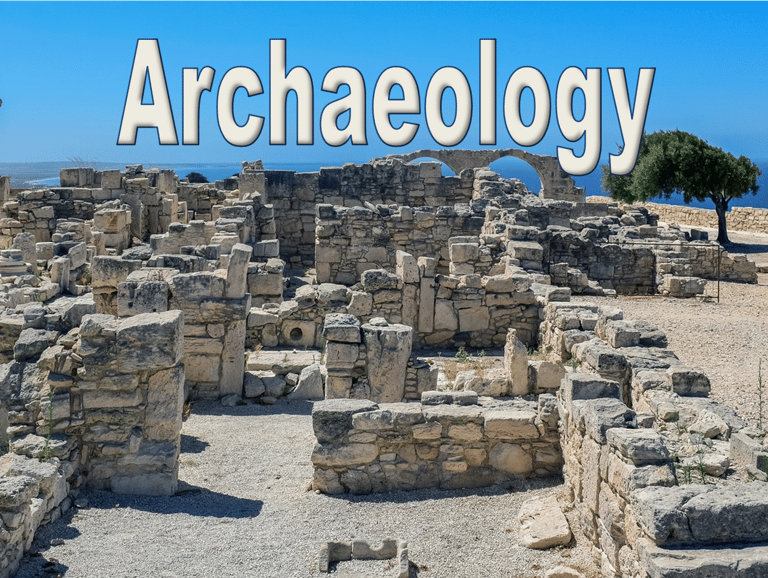Biblical Archaeology is a specialized branch of archaeology focused on uncovering and interpreting archaeological evidence related to the history, culture, and religious practices of early Christianity. It involves excavating sites associated with biblical events, figures, and places mentioned in the Bible, as well as investigating ancient Biblical communities, churches, and artifacts. Biblical archaeology seeks to illuminate and validate biblical narratives, providing valuable insights into the context and background of scripture. Through the study of Biblical archaeology, scholars and researchers aim to deepen our understanding of the origins and development of Christianity, its spread across different regions, and its impact on ancient societies.
Christian Resource Library (CRL) recognizes the importance of Biblical Archaeology in enriching our understanding of the biblical world and its relevance to contemporary faith.


Check out these links...
ARTICLES






Archaeology - The Benefits
Christian archaeology, a specialized field within the broader discipline of archaeology, focuses on uncovering and studying physical remnants related to Christian history, including sites, artifacts, and texts from the time of Jesus Christ through early and medieval Christian periods. This field offers a myriad of benefits that enrich both historical understanding and spiritual life.
One significant benefit of Christian archaeology is the enhancement of biblical scholarship. By excavating sites and analyzing artifacts linked to biblical narratives, archaeologists can provide contextual insights that illuminate scripture, making the biblical stories more tangible and historically grounded. This reinforces the faith of believers by connecting them more deeply to the historical reality of biblical events and figures.
Additionally, Christian archaeology plays a crucial role in preserving Christian heritage. Archaeological efforts help to safeguard ancient sites and artifacts, ensuring that future generations can study and appreciate these cultural treasures. This preservation is vital for maintaining a continuous and tangible connection to Christian history and heritage.
Moreover, engaging with Christian archaeology can invigorate personal faith. For many, seeing the physical evidence of early Christian life provides a powerful affirmation of the historical roots of their faith. It also invites reflection on the endurance and adaptation of Christianity through centuries, inspiring contemporary believers with examples of past faithfulness and resilience.
Finally, Christian archaeology contributes to academic and educational fields by providing primary sources for study. These contributions enhance the academic rigor of theological education and promote a more nuanced understanding of Christian history, impacting how the faith is taught and understood today.
